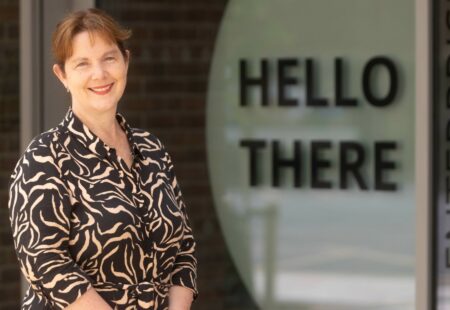Leading financial commentator urges families to take control of their finances
The renowned financial commentator Justin Urquhart-Stewart has urged people to take control of their finances.
He said: “Families need to become less British and start talking to each other about their finances. It is not acceptable to bury your head in the sand.”
Wearing his trademark red braces, Mr Urquhart Stewart addressed a crowded room of local business people and investors and at a breakfast seminar organised by Chesterfield-based Milestone Financial Planning.
He advised that families sit down and list all their assets and liabilities. “I think many families would be surprised to find they are better off than they think,” he added. “The next step is get independent financial advice, particularly around retirement and protection so that they can ensure they are financially safe in future years.”
Mr Urquhart-Stewart is the co-founder and head of corporate development at Seven Investment Management, who are one of Milestone Financial Planning’s key partners.
Michael Heath, Director of Milestone Financial Planning, who organised the event in conjunction with BRM Solicitors and Mitchells Financial Services, said: “There has been significant change within the financial services industry, particularly around the rules governing pensions, which is why good financial planning is more important than ever.”
At the event Mr Urquhart-Stewart addressed people’s concerns about the economy and Brexit, blaming the media’s negative headlines for giving the wrong impression and undermining confidence. “The UK is a vibrant economy, however confidence within it is being eroded because the media constantly talk it down.”
He described Brexit as ’infuriating’ and ‘messy’, however he believes that it presents the UK with an opportunity to reform some of its ‘dumb’ taxes, highlighting Stamp Duty as a key offender.
Stamp Duty is a lump-sum tax that anyone buying a property or land costing more than £125,000 has to pay. The rate you’ll pay the tax at varies based on the price of the property and the type. People purchasing residential properties are required to pay between 2% – 5% of the purchase price with the rate rising to 15% on additional properties.
“Stamp Duty actually delivers a very modest amount to the economy, however if it was abolished then homeowners would use that money to move and would then spend money on home improvements. The first thing you do when you buy a new property is decorate, put in a new kitchen and use local tradespeople. The additional revenue generated through VAT on these goods and services would generate a far higher amount to the economy and also support small businesses,” explained Mr Urquhart-Stewart.




